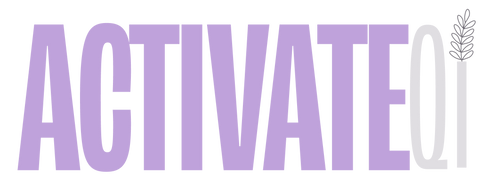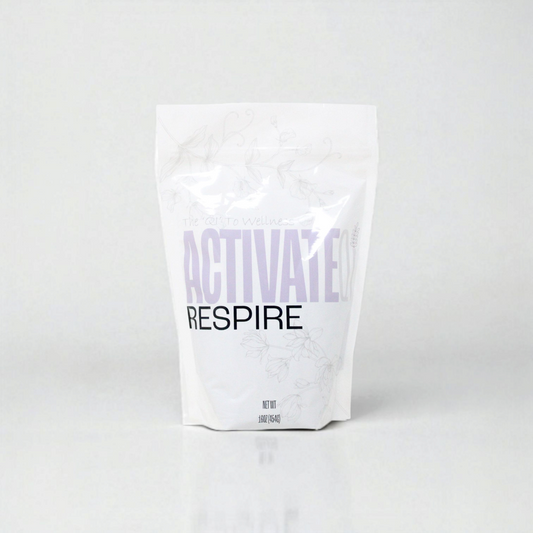The liver is one of the most remarkable organs in the body, working tirelessly to detoxify, metabolize nutrients, and maintain energy levels
For both horses and dogs, the liver is central to overall health, influencing everything from digestion to skin condition and emotional well-being.
In Traditional Chinese Medicine (TCM), the liver holds a vital place in health. Let’s explore the liver’s many functions, how it impacts the body, and what happens when it becomes overburdened in your equine and canine companions.
The Liver’s Physiological Role in Horses and Dogs
Physiologically, the liver is responsible for:
- Filtering toxins from the blood
- Producing bile to aid in fat digestion
- Storing essential vitamins and minerals
- Synthesizing proteins critical for blood clotting
- Regulating energy by storing and releasing glucose
The liver’s ability to regenerate makes it incredibly resilient, but it can become stressed by environmental toxins, poor diet, or chronic health conditions. This can lead to reduced efficiency and a ripple effect on overall health.
The Liver in Traditional Chinese Medicine
The liver is seen as the organ responsible for the smooth flow of Qi (vital energy) and blood throughout the body. It is also tied to emotional regulation and governs the tendons and ligaments. When the liver is in balance, dogs and horses exhibit vitality, flexibility, and emotional stability. An imbalanced liver, however, can lead to physical and emotional symptoms.
The liver is closely associated with the emotion of anger in TCM. When the liver is functioning well, emotions like anger are processed and expressed healthily. However, if the liver becomes imbalanced—due to stagnation, overwork, or exposure to stressors—this can manifest as irritability, or frustration.
Key Functions of the Liver in Equine and Canine Health
1. Detoxification
The liver processes toxins absorbed from food, the environment, and medications. In horses, this includes toxins from contaminated forage or feed, while in dogs, it may include additives in commercial pet food or chemical exposure. If the liver becomes overloaded, toxins can accumulate, leading to systemic health issues.
2. Digestive Health
The liver’s production of bile is essential for fat digestion and nutrient absorption. If bile production is impaired, both horses and dogs may experience digestive issues such as diarrhea or poor nutrient assimilation.
3. Energy Regulation
The liver plays a critical role in managing energy by converting glucose into glycogen for storage and releasing it when needed. A stressed liver may lead to fatigue or inconsistent energy levels in dogs and horses.
4. Tendon and Ligament Health
In TCM, the liver “governs” the tendons and ligaments. Stiffness, lameness, or injuries in these areas can sometimes be traced back to liver imbalance, particularly in active or aging animals.
5. Emotional Well-being
The liver is linked to the emotion of anger in TCM. When the liver is imbalanced, dogs and horses may exhibit frustration or irritability.

Signs of Liver Imbalance in Dogs and Horses
Recognizing liver issues early can prevent more serious complications. Common signs of liver imbalance include:
- Poor coat or skin condition
- Digestive issues such as diarrhea or loss of appetite
- Fatigue or weakness
- Stiffness in movement or tendon injuries
- Eye problems like redness or discharge or dry eyes
- Behavioral changes such as irritability
Root Causes of Liver Imbalance in Horses and Dogs
Toxins
Exposure to environmental toxins, such as pesticides, contaminated water, or moldy hay, can overburden the liver. In dogs, processed foods and chemical flea treatments are common sources of toxins.
Poor Diet
A diet lacking essential nutrients or too high in processed ingredients can strain the liver. For horses, this might include diets heavy in grains; for dogs, low-quality kibble can contribute to liver stress.
Stress
In TCM, chronic stress disrupts the liver’s ability to maintain smooth Qi flow. This can create a cycle of emotional and physical imbalance.
Supporting Liver Health in Dogs and Horses
1. Nutritional Support
A balanced diet is the cornerstone of liver health. For dogs, this might include a raw diet with high-quality proteins. For horses, ensure their forage is clean and avoid feeding grains.
2. Regular Exercise
Movement encourages the smooth flow of Qi and blood. Daily exercise tailored to your animal’s needs can help prevent liver stagnation.
3. Minimize Toxin Exposure
Provide clean drinking water and avoid chemical treatments whenever possible. For horses, ensure their pasture is free from toxic plants and contaminants.
4. Stress Management
Both physical and emotional stress can strain the liver. Calm environments, consistent routines, and therapies like acupuncture or massage can help alleviate stress.
Conclusion: The Liver as the Gateway to Health
The liver is a powerhouse organ that impacts nearly every aspect of your dog’s or horse’s health. By understanding its functions and the signs of imbalance, you can take proactive steps to support this vital organ. Whether through nutrition, exercise, or stress management, caring for the liver ensures your animals’ longevity, vitality, and well-being.
By keeping the liver balanced and healthy, you’re giving your equine and canine companions the foundation for a vibrant and joyful life. Let us know how ActivateQi can help heal your pet's liver for better health.




